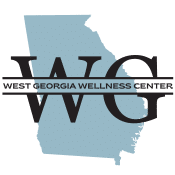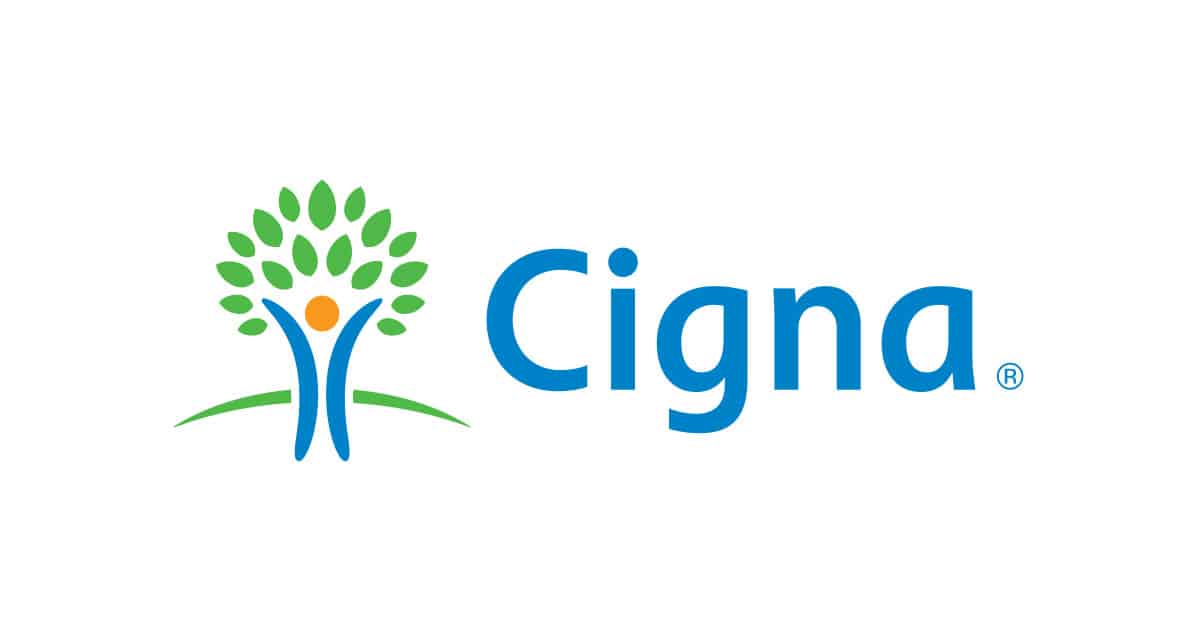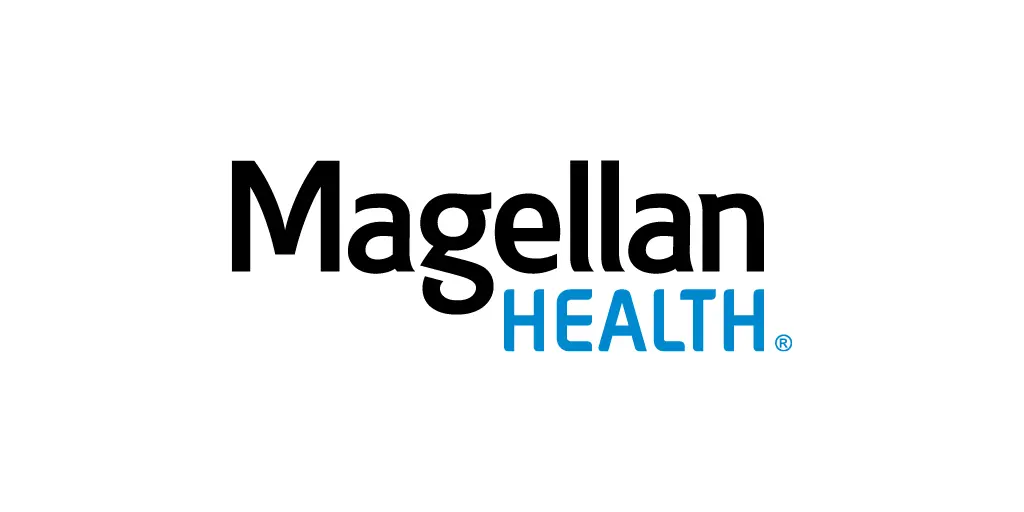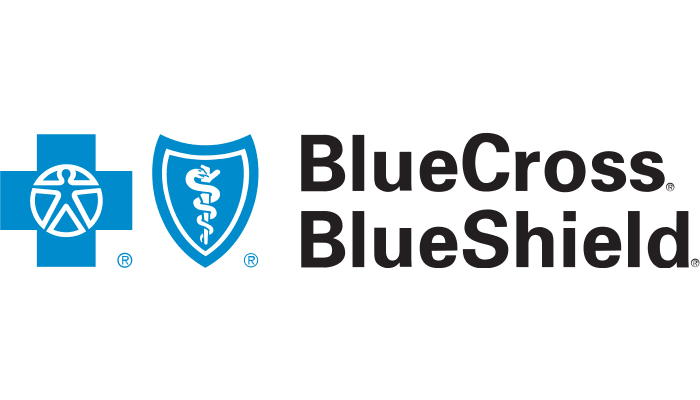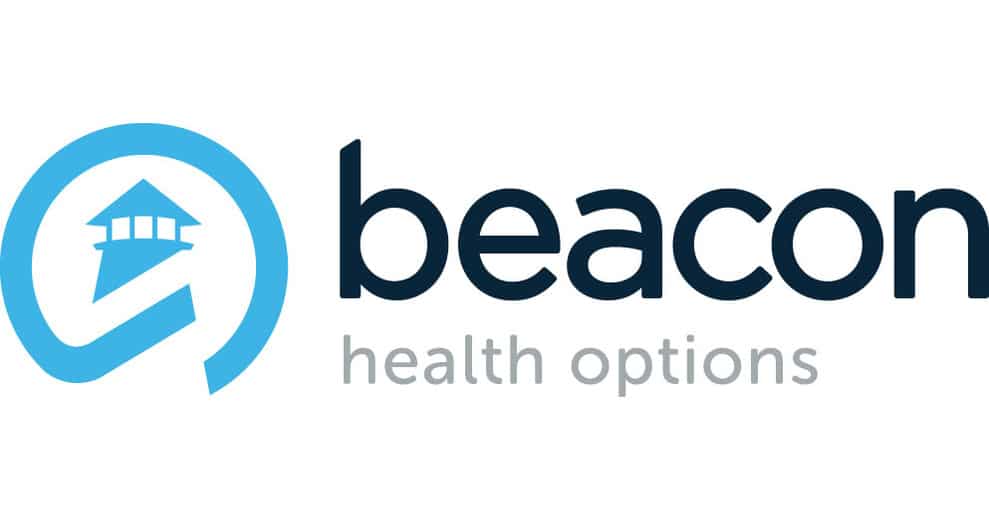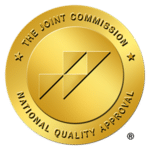Table of Contents
Residential Mental Health Treatment in Georgia: Get the Support You Need to Thrive
At our residential mental health center in Georgia, we are committed to providing personalized care and evidence-based therapies to help individuals achieve optimal mental wellness. Our comprehensive programs offer a safe and supportive environment for those struggling with mental health challenges.
What is Residential Treatment for Mental Health?
Residential mental health treatment is a type of mental health care that involves living at a treatment center for an extended period of time. At our center in Georgia, we provide a comfortable and supportive home-like environment where residents can focus on their recovery in a stress-free and structured setting.
The landscape of mental health residential treatment facilities is diverse, with each center offering a unique combination of services, treatments, and areas of specialization. At West Georgia Wellness Center, we stand out with our comprehensive inpatient mental health services, addressing a range of conditions including:
- ADHD
- Anxiety Disorders
- Bipolar Disorder
- Borderline Personality Disorders
- Depression
- Obsessive-Compulsive Disorder (OCD)
- Thought Disorders
- Trauma
- Schizophrenia
- Dual Diagnosis
Residential mental health treatment at West Georgia Wellness Center involves patients residing within our facility during their treatment phase. This provides an immersive and supportive environment, ensuring 24-hour care. This mode of treatment is more intensive than an Outpatient Program, where patients receive care but reside outside the facility.
Our residential treatment program typically spans 6-8 hours daily for 7 days a week. Here, patients benefit from round-the-clock oversight and have access to a dedicated team comprising doctors, nurses, therapists, and mental health professionals. A comprehensive clinical assessment is conducted for each patient, facilitating precise diagnosis and medication assessment. This ensures that every individual is well-stabilized before transitioning to a less intensive care tier, like an Outpatient program.
For those grappling with substance abuse, a medically supervised detox is required. Only after the successful completion of the detox phase do they transition into our residential treatment program. Throughout their stay, patients engage in periodic psychiatric evaluations, group discussions, and one-on-one therapy sessions. Moreover, they can delve into a spectrum of holistic therapies, further enhancing their healing journey at West Georgia Wellness Center in Atlanta, GA.

Types of Treatment at Our Residential Mental Health Program in Georgia
At our serene residential mental health center in Atlanta, Georgia, we provide a diversified suite of evidence-based therapies and treatment programs, meticulously crafted to address an array of mental health challenges. Our holistic approach ensures that each program is tailored to meet the unique needs and progress of every individual, encompassing a blend of individual and group therapy sessions. Our therapeutic offerings include:
- Individual Therapy: A personalized therapeutic experience targeting unique mental health challenges.
- Group Therapy: Facilitating communal support and shared therapeutic experiences to promote collective healing and understanding.
- Trauma Therapy: Uncovering and healing past traumas to foster a resilient present and future.
- Cognitive Behavioral Therapy (CBT): Identifying and modifying detrimental thought patterns to promote healthier behaviors.
- Dialectical Behavior Therapy (DBT): Harmonizing acceptance and change to enhance emotional regulation.
- Red Light Therapy: Utilizing red and near-infrared light to enhance cellular function and promote healing.
- Neurofeedback Therapy: Monitoring and modifying brainwave patterns to foster mental clarity and emotional stability.
- Biosound Therapy: Integrating biofeedback, sound therapy, and guided imagery for profound relaxation and emotional healing.
- Family Therapy: Strengthening familial bonds and enhancing understanding and communication within the family unit.
- Holistic Therapy: Embracing a comprehensive approach to foster overall mental, physical, and emotional well-being.
- Medication-Assisted Treatment (MAT): Combining medication and behavioral therapies to conquer substance dependence effectively.
Each therapy modality provides a unique pathway towards mental health resilience, ensuring a nurturing and supportive environment for sustainable recovery and rejuvenation.

Benefits of Our Residential Mental Health Treatment in Georgia
Certain traumatic occurrences and varying degrees of addiction often call for a more encompassing level of care, an aspect where residential treatment outshines outpatient programs. The perpetual support available in a residential setting, 24 hours a day, bridges the gaps left by outpatient care.
Nested within the secure environment of a residential facility, patients reap benefits from the proficiency of clinical and auxiliary staff, as well as the fellowship of other residents. Engaging with peers facing similar mental health hurdles can provide invaluable support, especially when their experiences resonate. Moreover, residents can channel their complete attention towards recovery, unburdened by the distractions and stressors of daily life.
Recognizing the merits of a residential treatment program can aid you or a loved one in ascertaining the necessity for a devoted, full-time therapeutic community centered on holistic wellness.
At the West Georgia Wellness Center, individuals are greeted with a genuinely personalized journey at our residential inpatient mental health in Atlanta, GA. Every individual harbors their unique narrative. Thus, treatment diverges concerning the specific programs proffered, the duration of stay, and the overall methodology based on the individual’s necessities and aspirations.
Typically, the resolution to opt for residential treatment is arrived at collaboratively amongst the client, their family, and mental health practitioners. Deliberations encompass the severity of symptoms, safety apprehensions, and the overall well-being of the individual.
24/7 Care and Support
In the residential inpatient framework, individuals are enveloped in round-the-clock care from a cadre of mental health professionals. This unwavering support guarantees prompt responses to any crises, medication administration, and emotional support.
Safe and Structured Surroundings
Residential mental health treatment furnishes a highly regulated environment conducive for instilling routine, stability, and discipline. Time Wellness presents a safe, secure, and non-judgmental haven where clients can zero in on their mental health and well-being, unencumbered by external distractions and stressors.
Exhaustive Assessment and Customized Treatment Blueprints
Our inpatient regime encompasses a thorough evaluation to pinpoint the individual’s specific needs and draft a personalized treatment outline. This strategy ensures that the treatment tackles the individual’s unique quandaries, paving the way for a more accurate and efficacious approach.
Multifaceted Approach
Residential inpatient treatment amalgamates a team of mental health mavens, encompassing psychiatrists, psychologists, therapists, and other specialists. This cooperative approach fosters a holistic, whole-person experience to address various facets of mental health, like therapy, medication administration, and lifestyle modifications.
Intensive Therapy and Life Skills Cultivation
Inpatient programs proffer intensive therapy, inclusive of individual therapy, group therapy, and specialized services like Cognitive-Behavioral Therapy (CBT), Dialectical Behavior Therapy (DBT), biofeedback, red light therapy, among others. A broad spectrum of treatment alternatives empowers individuals to hone coping skills, ameliorate emotional regulation, augment self-awareness, and glean insights into their mental health challenges.
Peer Support and Community Engagement
Residential treatment unfolds the avenue for clients to amalgamate with peers navigating similar struggles. The essence of community and peer support is instrumental in the recovery voyage. Therein, individuals share experiences, procure insights from others, and construct a support network.
Medical Intervention and Stabilization
For individuals grappling with severe or chronic mental health conditions, residential inpatient treatment boasts the perk of medical management and stabilization. This encompasses medication assessment, adjustment, and surveillance to bolster the treatment outcomes.
Continuity of Care
Time Wellness inpatient treatment also delineates a discharge blueprint detailing ongoing care and support post-departure from the facility. This includes referrals to outpatient programs, support assemblies, or other community resources to ensure a seamless transition and sustained advancement.
Time and Ambience for Self-reflection
Our residential mental health treatment in Atlanta furnish a comfortable ambiance distanced from the demands and stressors of everyday existence. Consequently, granting clients the time and space for introspection on their thoughts, emotions, and behaviors. This reflection culminates in self-discovery, personal growth, and the cultivation of healthier coping mechanisms.
Is a Mental Health Residential Treatment Program Right for You?
If you or a loved one is grappling with mental health challenges that seem too heavy to handle alone, a residential treatment program might provide the relief and structure needed. It’s not the perfect fit for everyone, but it might be the key if you’re encountering the following signs:
- You’ve explored other treatment avenues, such as outpatient therapy or medication, without significant improvement in your mental health.
- Your mental health struggles have become so intense that they’re disrupting your everyday life and relationships.
- The pressures of everyday life feel too intense, and you’re seeking a respite from the turmoil.
- You’re searching for a secure and nurturing setting where you can concentrate solely on your recovery.
- You’re dealing with thoughts of self-harm or suicide, or other high-risk behaviors that need round-the-clock attention.
Residential treatment can be a pivotal part of the recovery journey for many. If these points resonate with you, don’t hesitate to contact West Georgia Wellness Center. Our team of dedicated and empathetic mental health professionals is ready to provide the support and care you deserve.

How Long is Residential Treatment for Mental Health
When you decide it’s time to embark on the recovery journey, a common question arises: How long should you stay in a residential inpatient treatment program? The answer isn’t one-size-fits-all—it depends on your unique situation, including the specific mental health challenges you’re facing, the substances you’re recovering from, and whether you’re dealing with any additional disorders.
The duration of inpatient treatment programs is quite flexible, ranging from as brief as 30 days to as long as 12 months. For many, a 30-day inpatient program is a practical kickoff to their recovery, especially when balancing responsibilities like work or family.
Some individuals might start with a 30-day stay and then gauge the need for an extension in 30-day increments. A 60-day stay could offer extra time to delve deeper into the underlying issues fueling the substance abuse, allowing for more comprehensive healing.
The ideal recommendation, however, often leans towards a 90-day program. This period is usually substantial enough to equip participants with the necessary tools and life skills for maintaining sobriety daily. The curriculum often includes lessons in nutrition, meal preparation, fitness, relaxation, and stress management. Plus, those who complete a 90-day program statistically face a lower risk of relapse, setting a foundation for a healthier, substance-free future.
Inpatient vs Outpatient Treatment
Inpatient and outpatient treatments represent two primary modalities of care within the healthcare spectrum, each tailored to specific patient needs.
Inpatient treatment, often referred to as residential treatment, requires patients to stay within a medical facility or hospital for continuous monitoring and care. This approach is typically utilized for more severe conditions or situations where round-the-clock supervision is necessary. The immersive environment allows for intensive therapy, immediate medical intervention if needed, and isolation from potential triggers or distractions.
Outpatient treatment permits patients to reside at home while attending scheduled medical or therapeutic sessions. This modality is ideal for individuals who might benefit from regular medical attention or therapy but do not require 24/7 monitoring. It offers greater flexibility and is often used as a transitional phase post-inpatient treatment or for conditions that are less severe.
The choice between inpatient and outpatient treatment hinges on the individual’s medical requirements, severity of their condition, and their personal and professional commitments.
Are Residential Treatments Effective?
Residential mental health treatment programs are highly effective for individuals who require a structured and intensive level of care. Within a residential setting, clients benefit from a stable environment, away from the stressors and triggers of their everyday lives, allowing them to focus entirely on their recovery. The round-the-clock support from mental health professionals ensures that individuals have constant access to the help they need, which can be crucial during moments of crisis or intense emotional distress. Furthermore, these programs offer a variety of therapeutic modalities tailored to the individual’s specific needs, which can lead to better outcomes in managing symptoms, improving emotional regulation, and developing coping strategies.
The immersive nature of residential treatment also means that individuals are part of a community of peers facing similar challenges, fostering a sense of belonging and mutual support. This peer support is often a cornerstone of residential treatment, as it can enhance motivation and provide real-time feedback and encouragement. Studies have shown that the comprehensive care provided in such settings can significantly reduce symptoms of mental health disorders and improve overall functioning. Individuals often leave residential treatment with a better understanding of their condition, a set of new skills to handle their mental health, and a plan for continued support, which collectively contribute to long-term wellness and stability.
Residential Mental Health Treatment in Atlanta
During their stay at West Georgia Wellness Center’s residential rehabilitation program, patients are given the tools and guidance to comprehensively address and overcome their mental health challenges. Each patient receives personalized attention to ensure they remain on the path to a rewarding recovery. Our focus is on equipping individuals with strategies to manage their symptoms effectively, empowering them to lead fulfilling lives post-treatment.
At our center, patients benefit from an array of therapeutic approaches, ranging from cognitive-behavioral therapy to dialectical behavioral therapy, tailored to their specific diagnosis. The immersive nature of our residential treatment means that recovery is the central focus, eliminating any external distractions that might impede a patient’s journey towards healing.
Our commitment to your well-being extends beyond the residential program. Upon completion, based on thorough evaluations, some individuals might transition to our partial hospitalization program. For others, we craft a specialized aftercare strategy that underscores sustained recovery efforts. Mental health challenges can be daunting, but with the right treatment, it’s possible to navigate and conquer these challenges, leading to a transformative change in one’s life. Call us at 470-437-1705 to discover more about our tailored programs and how they can benefit you or your loved ones.
Does Insurance Cover Residential Mental Health Treatment?
When it comes to addressing substance abuse and mental health, most insurance providers recognize the importance of treatment and categorize it as an essential health benefit. This means that a significant portion, if not all, of the costs for residential treatment programs for mental health or substance use disorders are typically covered by insurance policies.
Insurance coverage is generally provided when a licensed mental health professional confirms that residential treatment is medically necessary for your condition. Moreover, treatment centers are usually open to working with clients to ensure care is accessible and affordable. This could mean setting up payment plans or allowing clients to decline certain non-essential services or alternative therapies, which can help reduce overall treatment costs.
Our team can work with you to determine your insurance coverage and provide assistance with the billing process.
What Happens After Residential Mental Health Treatment?
After completing our residential treatment program, individuals may transition to outpatient care or other forms of aftercare support. This may involve continued therapy sessions, medication management, support groups, and more. Our goal is to help individuals achieve lasting recovery and provide them with the tools they need to maintain optimal mental wellness.
Begin Our Residential Mental Health Treatment in Atlanta Today
If you or a loved one are struggling with mental health challenges, our residential mental health center in Georgia can provide the care and support you need to overcome these obstacles. Contact us today to learn more about our programs and begin your journey towards lasting recovery and improved mental wellness.
Residential Mental Health Treatment Frequently Asked Questions
Residential mental health treatment is a comprehensive form of care where individuals live in a treatment facility to receive constant support and therapy for mental health disorders. This type of treatment typically includes a blend of individual therapy, group sessions, and possibly medication management, all tailored to address specific mental health conditions in a structured environment.
Yes, many residential mental health treatment facilities are equipped to handle dual diagnosis, which is when an individual has both a mental health disorder and a substance use disorder. These programs provide integrated treatment that addresses both conditions simultaneously, recognizing that they are often interlinked and require a comprehensive approach for effective treatment.
The duration of residential mental health treatment varies depending on the individual's specific needs and the severity of their condition. Generally, programs can range from a few weeks to several months. The goal is to provide enough time for intensive therapy and stabilization, preparing individuals for a return to daily life with improved coping mechanisms and mental health.
Residential mental health facilities are equipped to treat a wide range of mental health disorders, including but not limited to depression, anxiety disorders, bipolar disorder, schizophrenia, and post-traumatic stress disorder (PTSD). Each facility may have specific areas of expertise, so it's important to choose one that aligns with the individual's specific needs.
Common therapeutic approaches in residential mental health treatment include cognitive-behavioral therapy (CBT), dialectical behavior therapy (DBT), psychotherapy, art and music therapy, and mindfulness practices. These therapies aim to help individuals understand and manage their conditions, develop healthy coping strategies, and improve overall mental well-being.
During their stay, patients can expect a structured environment with a schedule that includes various therapies and activities. Days are typically planned with individual therapy sessions, group therapy, recreational activities, and possibly educational sessions or skills training. The aim is to provide a safe and supportive environment where patients can focus on their mental health and learn coping strategies to manage their condition.
Coverage for residential mental health treatment varies depending on the insurance plan and the treatment facility. Many insurance plans do cover mental health services, including residential treatment, but it's important to check with both the insurance provider and the treatment facility to understand the coverage details and any out-of-pocket costs.
